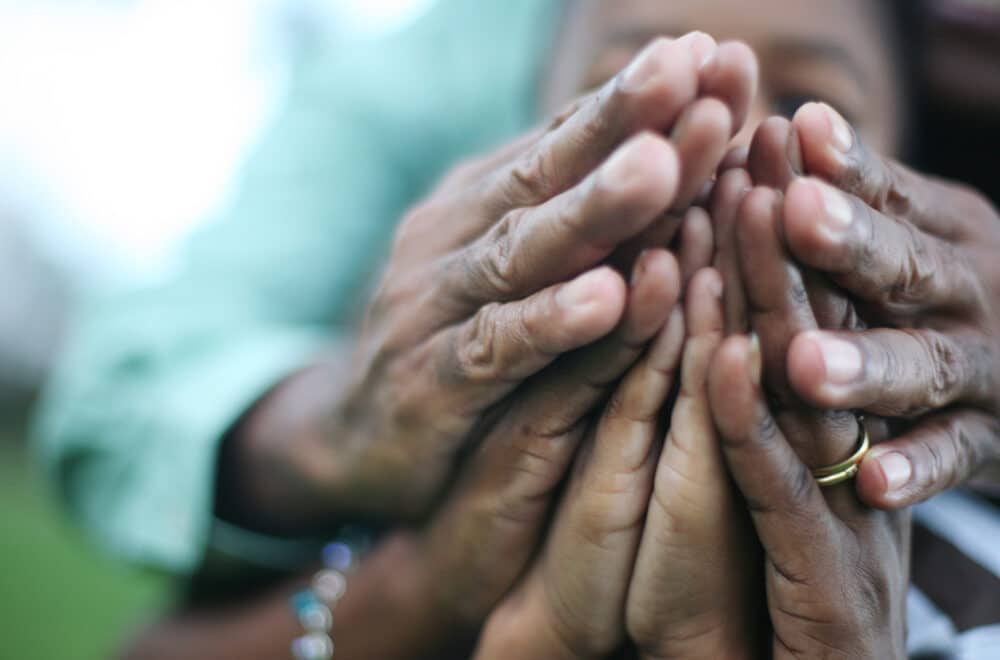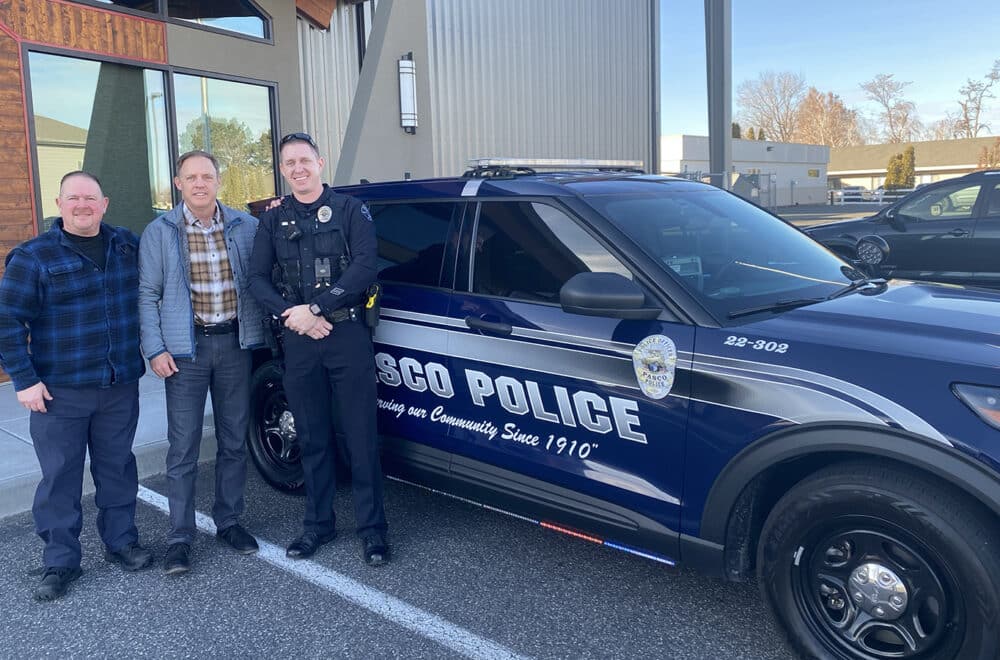The Root of a Rich Relationship with God, By: Walter A. Henrichsen
Jealousy to Joy
John began his first epistle by reflecting on the fact that he had actually met the God of heaven and earth—the one who spoke and brought everything into existence, who flung the stars into space by a word, who breathed into man the breath of life.
John had actually heard and seen and even touched him—the Creator God—in the form of Jesus Christ. What an incomprehensible experience!
If something is precious to us, we are often naturally inclined to conceal it, jealously guarding it from others. You may have had the experience of conversing with someone who greatly stimulated your thoughts, and you resented others entering the conversation.
But John said, “We proclaim to you what we have seen and heard, so that you also may have fellowship with us” (1 John 1:3). To know God brings about sharing that knowledge with others.
It is remarkable the fellowship that others have with the living God in no way detracts from our own relationship with Him. On the contrary, it enhances it. John said, “We write this to make our joy complete” (1 John 1:4).
Note also from John’s words that Christian fellowship is both vertical and horizontal: with God—“Our fellowship is with the Father and with his Son, Jesus Christ” (v. 3); and with each other—“that you also may have fellowship with us” (v.3). The second depends on the first.
That which was from the beginning, which we have heard, which we have seen with our eyes, which we have looked at and our hands have touched—this we proclaim concerning the Word of life. The life appeared; we have seen it and testify to it, and we proclaim to you the eternal life, which was with the Father and has appeared to us. We proclaim to you what we have seen and heard, so that you also may have fellowship with us. And our fellowship is with the Father and with his Son, Jesus Christ. We write this to make our joy complete” (1 John 1:1–4).
Prerequisites for Fellowship with God
In later verses of this chapter we are given the basis for fellowship with God. The first prerequisite is deciding to obey Him. “If we claim to have fellowship with him yet walk in the darkness, we lie and do not live by the truth” (1 John 1:6). To walk in the light is simply to walk in obedience to God’s truth—the Bible. To walk in darkness is to live in disobedience.
The second prerequisite is forgiveness: “If we walk in the light . . . we have fellowship with one another, and the blood of Jesus, his Son, purifies us from every sin” (1 John 1:7). To fellowship with the Holy God, we must be separated from our sins.
Obedience is our responsibility. Forgiveness is God’s.
These two prerequisites for our vertical fellowship also become the ingredients for our horizontal fellowship. I fellowship with other believers because together we are committed to God’s Word, and we have had the mutual experience of meeting God and being forgiven by Him.
Chained Together
As disciples and disciplemakers, our calling, our ministry, and our message may be narrow and specialized. However, without losing sight of these, we must be careful not to be exclusive in our fellowship. It is a temptation, as we recruit faithful and able men and women as disciples, to eliminate the weak from our ranks. We can ill afford to yield to this temptation. Dietrich Bonhoeffer in Life Together points out, “The elimination of the weak is the death of the fellowship.”
We say a chain is no stronger than its weakest link and a team no stronger than its weakest member. This is absurdly untrue when applied to the dynamic organism of the church of Jesus Christ. The New Testament reveals that the early Christians were often weak, unsophisticated, and in many cases problem-laden people who, chained together, proved to be indestructible.
Of course, a disciple’s life and eager vision ought to set him apart. But the depth of his own commitment, and not intolerance of others’ weaknesses, should be the distinguishing factor. Our arms must be long enough and our hearts large enough to include in our fellowship all who seek entrance, allowing only a common allegiance to the Scriptures and a common experience of God’s forgiving grace to be the criteria.
The Same Body Washed in the Same Blood
The Greek word for fellowship in 1 John 1, koinonia, has a rich, many-sided meaning. In Romans 15:26, Paul spoke of contributions made by the Christians in Greece for the poor in Jerusalem, and the word for “contribution” is also koinonia. In the next verse, the word is used in the sense of sharing—the Gentiles sharing in the spiritual blessings of the Jews, and the Jews sharing in the material blessings of the Gentiles. In Luke 5:10, James and John are described as fishing partners of Simon Peter. The word for “partners” is again this same Greek word. Fellowship is a close association, a relationship of involvement with each other.
Finally, this partnership, this sharing, this contribution, this close relationship and communion mentioned in 1 John 1, is also an eternal fellowship. This is true because of the forgiveness in Jesus Christ which we share. We do not have fellowship with each other in the Body of Christ because of temporal matters such as shared vision or similar tastes or culture, or because the other person is mature and dynamic. We have fellowship with each other because we are from the same Body, washed in the same blood.
In heaven we will fellowship with all of God’s people, irrespective of their background or ministry vision or particular convictions. Let it be so here on earth.
Originally published in the January/February 1981 issue of Discipleship Journal. Used by permission of NavPress.
Visit the Navigators Blog for more inspiration in your walk with God.




By commenting, you agree to our Code of Conduct.